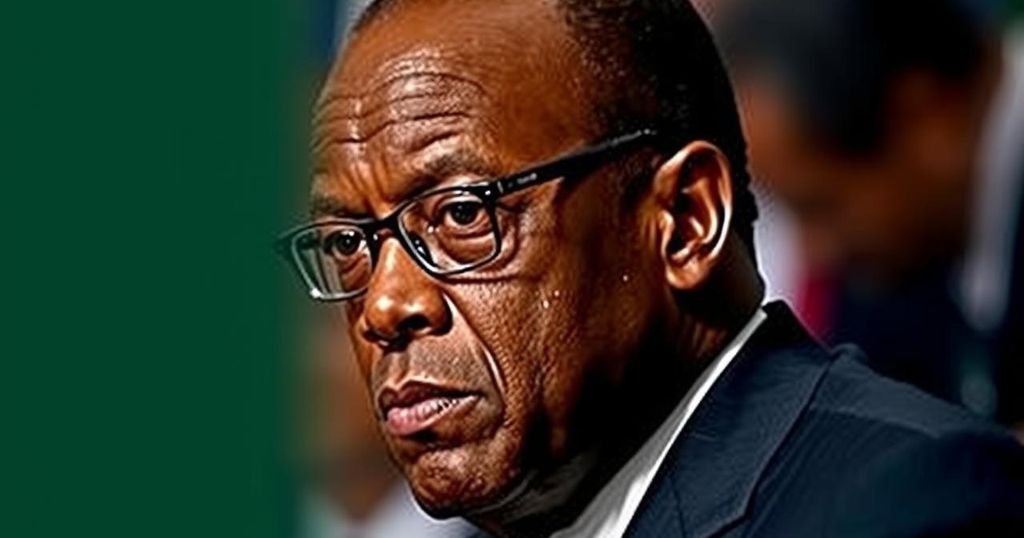Historic Impeachment of Kenya’s Deputy President Rigathi Gachagua
Kenya’s Deputy President, Rigathi Gachagua, was impeached on October 17, 2024, following a Senate vote on five of eleven charges including threats to judges and divisive politics. His impeachment is unprecedented in Kenya’s history, marking him as the first deputy president ousted since constitutional reforms in 2010. The decision comes amid political tensions and a rift with President William Ruto, with Gachagua now able to appeal the ruling in court while Ruto must nominate a new deputy within two weeks.
In a significant political event on October 17, 2024, Kenya’s Deputy President Rigathi Gachagua was officially ousted following a historic impeachment trial that captivated the nation. The Senate’s decision to impeach him was based on five out of eleven charges, including accusations of threatening judges and engaging in ethnically divisive politics. This decision comes after the National Assembly’s overwhelming vote to impeach him on October 8, where he garnered substantial disapproval for his actions. On the day of the Senate trial, Gachagua was unable to participate due to health issues, having been hospitalized with chest pains, which prompted unrest among his legal team as they sought to postpone proceedings on his behalf. The impeachment of Deputy President Gachagua marks a first in Kenya’s political history since the introduction of impeachment provisions in the revised 2010 constitution. Previously a vital ally in President William Ruto’s election victory in 2022, Gachagua’s political standing took a nosedive due to a perceived rift with Ruto, alongside criticism for allegedly backing anti-government protests. Despite denying all charges as “nonsensical” and “outrageous”, claiming he was unfairly treated, Gachagua is left with the option to contest the Senate’s ruling in court now that the parliamentary process is finalized. Ruto now faces the task of appointing a new deputy within a two-week timeframe, with potential candidates emerging from within his administration. Gachagua’s case has thrown the political landscape of Kenya into uncertainty, highlighting internal disputes within the leadership and raising concerns over stability in a region often viewed as a model of democracy.
The political landscape in Kenya underwent a dramatic shift following the impeachment of Deputy President Rigathi Gachagua. This event is unprecedented in Kenya’s history, as he stands as the first Deputy President to be impeached since the enactment of the revised constitution in 2010. The charges against him, originally detailed by the National Assembly, included serious allegations of corruption, abuse of power, and threatening the judiciary. The impeachment represents not only a personal political upheaval for Gachagua but also reflects the broader struggles within Kenya’s ruling party, where public dissent and internal fractures are becoming increasingly apparent.
The impeachment of Deputy President Rigathi Gachagua presents a turning point in Kenyan politics, underscoring significant rifts within the leadership. The charges against him reflect broader issues of governance and accountability that are increasingly under scrutiny in the political arena. As President Ruto prepares to appoint a new deputy, the focus remains on ensuring stability in a country facing political unrest and dissatisfaction. The outcome of Gachagua’s court challenges may further affect the dynamics within the ruling party and its approach toward leadership accountability in the future.
Original Source: www.jamaicaobserver.com




Post Comment